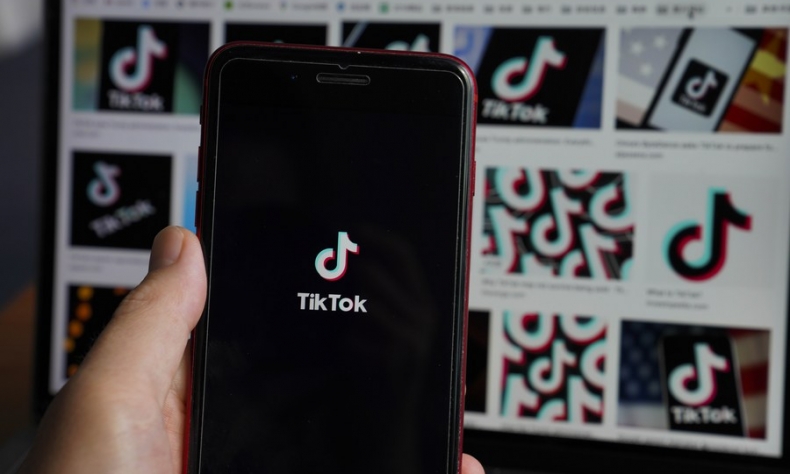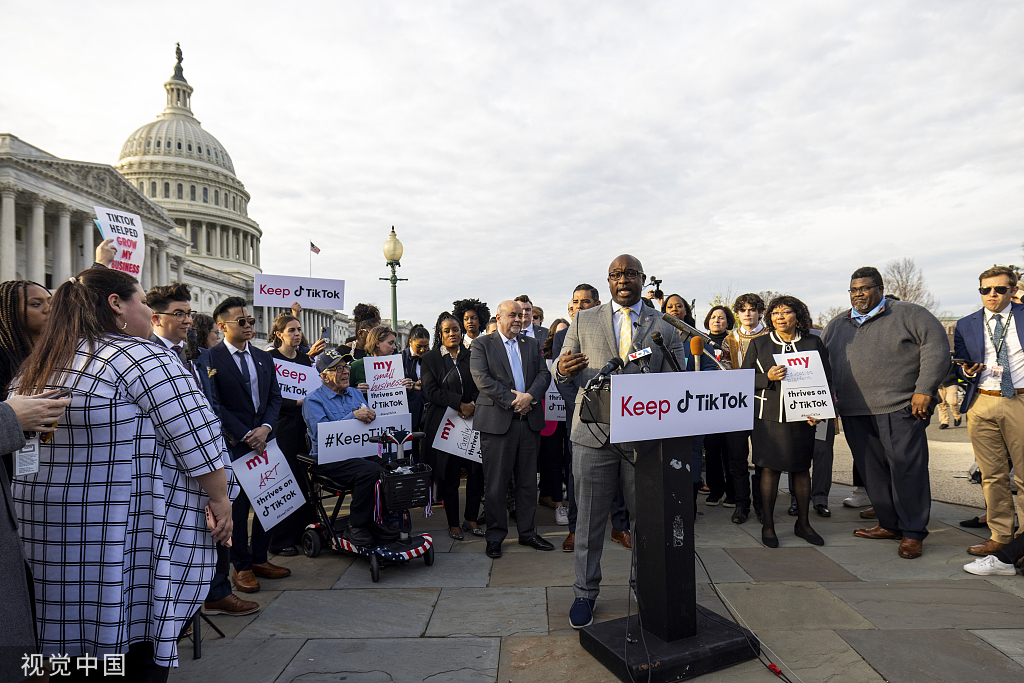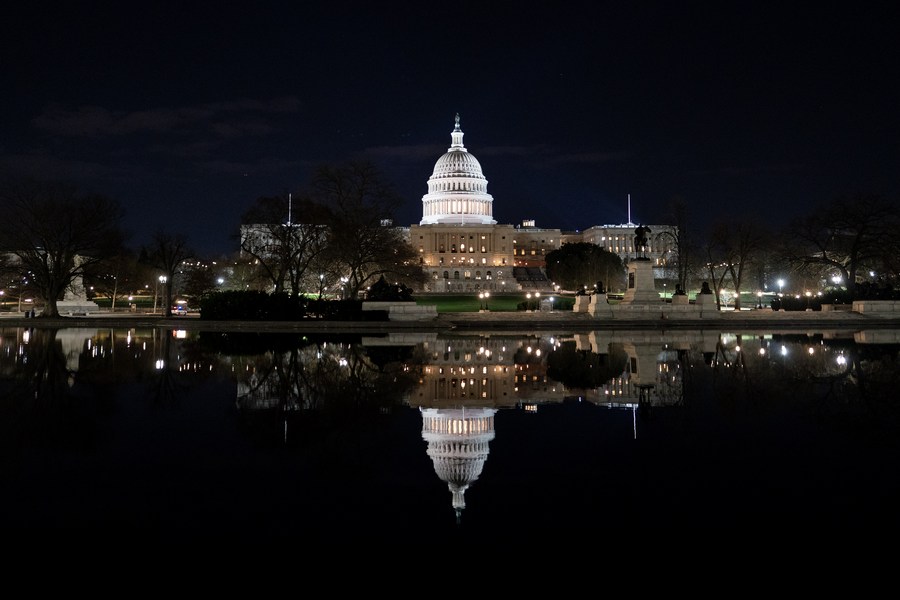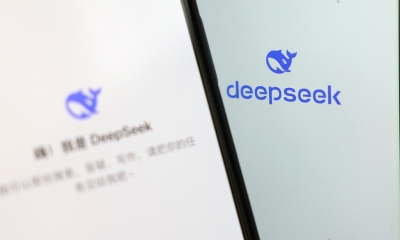Free Speech or Sinophobia? The U.S. Senate Must Decide

The version in front of the Senate runs afoul of one of America’s most valued freedoms: speech.
The 100 men and women who make up the U.S. Senate will soon have an important choice. They will either affirm that the First Amendment matters or they will surrender to fear.
The senators must decide whether to go along with their colleagues in the House of Representatives and require the popular social media app TikTok to be sold to an American company. If they do endorse the House vote, then ByteDance must divest itself of TikTok or see the app will be banned on U.S.-based social media platforms.
U.S. President Joe Biden has already said he is prepared to sign any TikTok legislation into law.
Too many national political leaders, living in the echo chamber that exists in Washington, have convinced themselves that TikTok is a “danger” to all American citizens. The “logic” goes like this: ByteDance will be ordered to hand over to the Chinese government the data of its American audiences; the company would not be able to say no to such a demand, which would then allow for pro-China propaganda to be pushed to those audiences. In other words, elected officials believe that Americans could eventually become China-loving and America-hating citizens all because of one social media platform.

Before we go any further, we must acknowledge that all social media companies can tailor their algorithms to highlight specific stories or topics to specific people. When that happens, misinformation, disinformation or propaganda can be received and spread. When such so-called fake news is shared, it is done so quickly. Researchers at the Massachusetts Institute of Technology noted that misleading information can spread 10 times faster than real news from legitimate news sites. Whether the goal is to confuse, manipulate or anger (this is not an exhaustive list), the distributors of such content want to sew discord within a society.
Armed with that information, U.S. politicians are convinced TikTok, which is used by an estimated 170-million Americans (most of them young), has the potential to harm the country.
In the House, hysteria rules the day, and it has caused a real problem. As the Associated Press recently reported, no one in Washington has offered any information to support the primary claim that ByteDance executives have given the Chinese government information about its users. Aligned with this, remember what a Radio Free Asia study concluded: “no evidence [was uncovered] to support that TikTok intentionally shared or plans to share user data with the Chinese government.”
Nevertheless, because the “China is bad” narrative is everywhere in the United States, House members insist something must be done. As you know, that narrative suggests that America must be hyper-vigilant because “China wants to undermine the U.S. and the West so that it can destroy the Western-created global order.”
While there is zero reliable information to backup the fear about TikTok, there is ample evidence that one U.S.-based social media app is a mess. Among many concerns, Facebook has been criticized for tweaking its algorithms to manipulate people’s moods, and the social media behemoth also found itself in hot water after an outside firm was able to gain access to millions of Facebook users in an effort to influence how they voted. Were members of Congress angry about these scandals? Yes. Did they demand Mark Zuckerberg sell Facebook to someone else? Of course not.

TikTok officials have promised legal challenges to any law attacking the social media app. In the meantime, they are pleading with Americans to protest the legislation. That strategy seems to be working. The staff of some members of Congress told the Washington Post that they are receiving as many as 20 calls per minute with the majority protesting the proposed sell-or-be-banned legislation.
In addition, TikTok’s executive team is warning that perhaps 300,000 American jobs will be lost if a sale is deemed constitutional.
At least one critic has addressed the hypocrisy of Congress arguing that TikTok poses data privacy concerns while it refuses to consider legislation that would apply to all social media companies. The American Civil Liberties Union has also cried foul. Executive director Jenna Leventoff said, “We’re deeply disappointed that our leaders are once again attempting to trade our First Amendment rights for cheap political points during an election year.” She added: “Just because the bill sponsors claim that banning TikTok isn’t about suppressing speech, there’s no denying that it would do just that.”
It took the House of Representatives mere days to push through the TikTok legislation. For now, the Senate appears ready to take a go-slow approach. One senator admitted it might take “months” before any vote takes place. One can hope that a calm and reasoned discussion about the significant flaws in the current bill will take place. Should it, then only one conclusion will be reached: The version in front of the Senate runs afoul of one of America’s most valued freedoms: speech.
The article reflects the author’s opinions, and not necessarily the views of China Focus.
 Facebook
Facebook
 Twitter
Twitter
 Linkedin
Linkedin
 Google +
Google +







